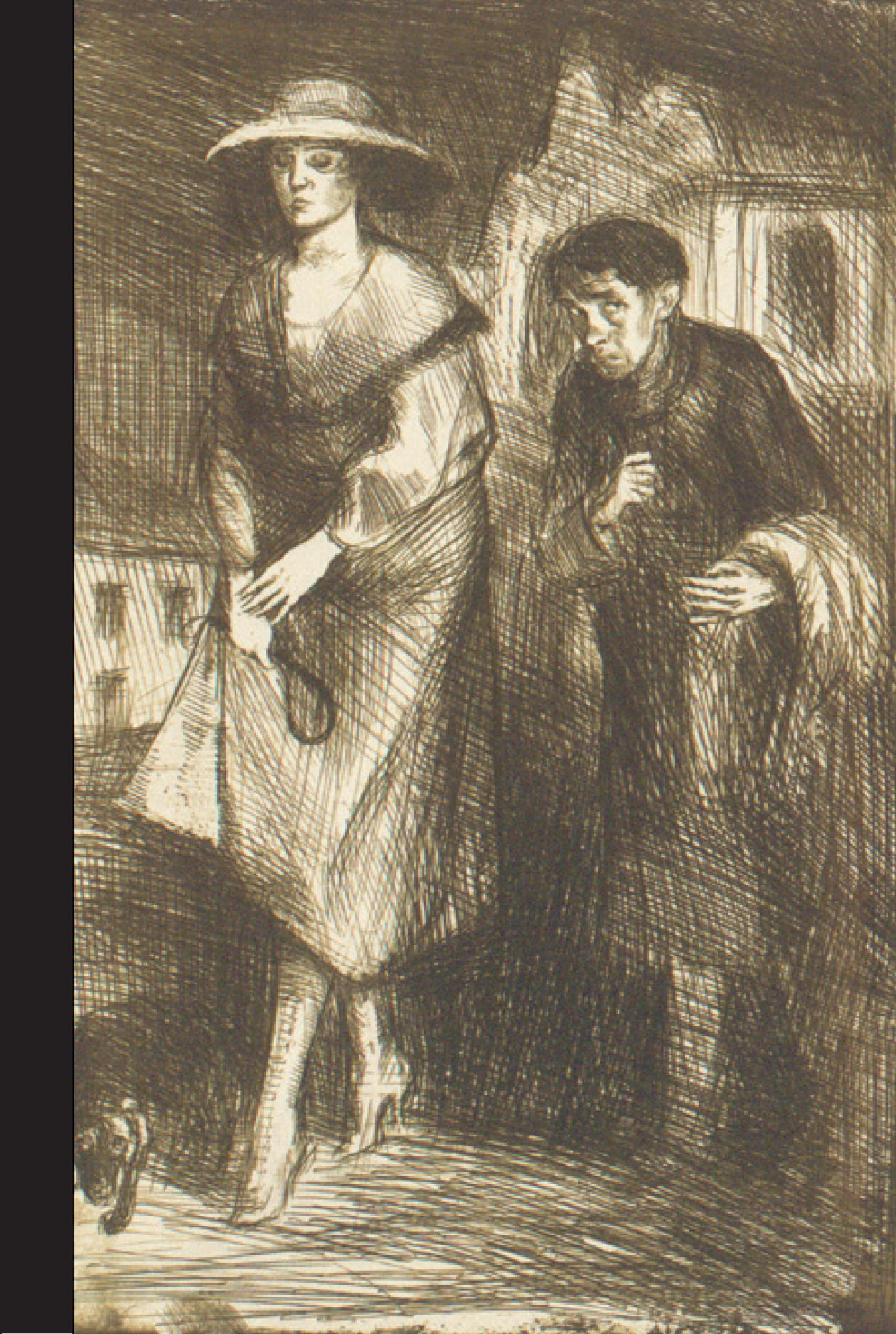„Tak bliscy mi, jak sam sobie jestem bliski”. Jachimowicz o Schulzu i borysławskim „zagłębiu poetyckim”
“They are as close to me as I am to myself.” Marian Jachimowicz on Schulz and the Borysław “Poetry Zone”
Author(s): Stanisław RosiekSubject(s): Anthropology, Local History / Microhistory, Polish Literature, History of the Holocaust, History of Antisemitism
Published by: Fundacja Terytoria Książki
Keywords: bruno schulz;polish literature;memory studies;anthropology of literature;drogobych;
Summary/Abstract: The paper is an extended comment on Marian Jachimowicz’s “Reminiscence of Bruno Schulz.” On the basis of ample unpublished archive materials, the author reconstructs Jachimowicz’s biography, paying the most attention to the period of 1938–1942, when Jachimowicz as an aspiring man of letters had close friendly contacts with Schulz as well as other artists and writers of the Drogobych and Borysław region, known as the “Borysław Poetry Zone” (Marek Zwillich, Anna Płockier, Henryk Wiciński, Juliusz Wit, Artur Rzeczyca, and others). It turns out that his relationship with Schulz was a formative literary experience for the young poet. As he admits, it was thanks to the access to Schulz’s library and his recommendations, that he came across the books by poets who became important for his own development. Meeting Schulz was also important for another reason: he was the first “great artist” whom Jachimowicz met in person, knowing his literary works – Cinnamon Shops and A Sanatorium under the Sign of the Hourglass – and appreciating them highly. Jachimowicz’s attitude to Schulz was ambiguous, and this is what the present paper is mainly about. Starting with an analysis of an unpublished “source reminiscence” of 1948, the author approaches its subsequent versions published in journals (Twórczość, 1958 and Poezja, 1966). It was characteristic for Jachimowicz that his imagination and memory, fixed upon Schulz for several decades, pictured the Drogobych writer as “approaching.” Particularly in the first version of his text, Jachimowicz describes Schulz’s physique, doing it in a shockingly brutal, even abjectal, way. On the other hand, his essays demonstrate a more and more intense tone of mourning. The world of Drogobych and Borysław, to which both Jachimowicz and Schulz belonged before the war, appears in them as an irrevocably lost Arcadia, the only reality where the former did not feel all alone.
Journal: Schulz/Forum
- Issue Year: 2019
- Issue No: 14
- Page Range: 194-211
- Page Count: 18
- Language: Polish

